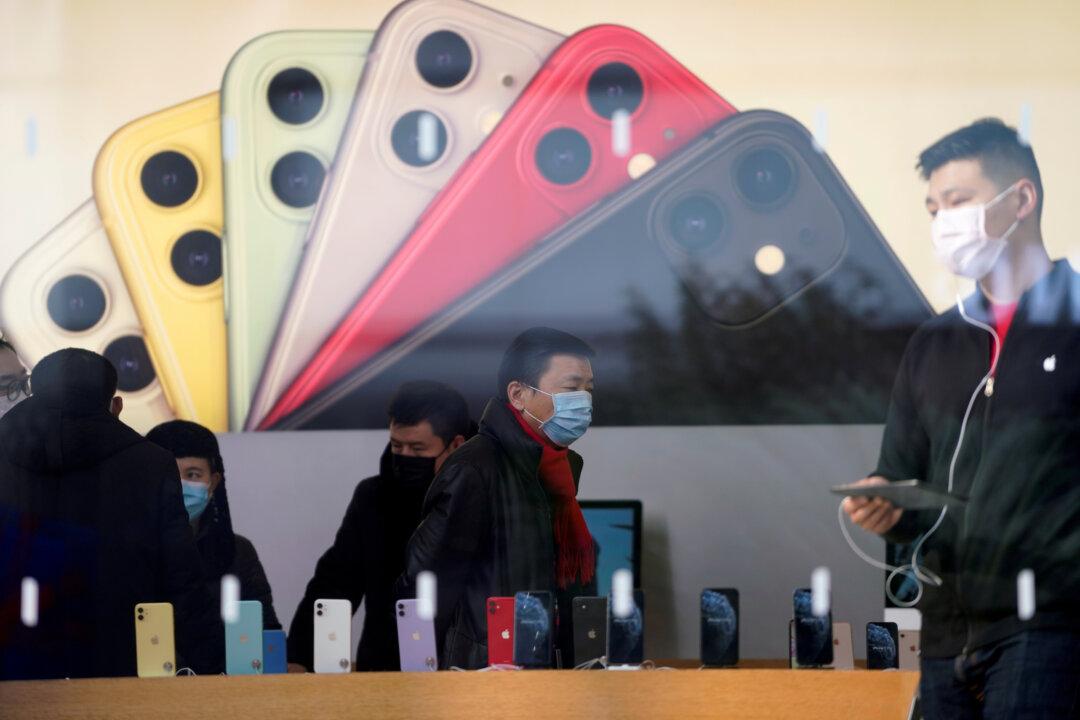WASHINGTON—American companies have begun lowering their revenue and earnings estimates to reflect the potential effects on their businesses of China’s deadly coronavirus outbreak.
Nearly 40 percent of S&P 500 companies that released fourth-quarter earnings ending Dec. 31 warned about COVID-19, highlighting concerns in financial markets about the impact of the epidemic.





